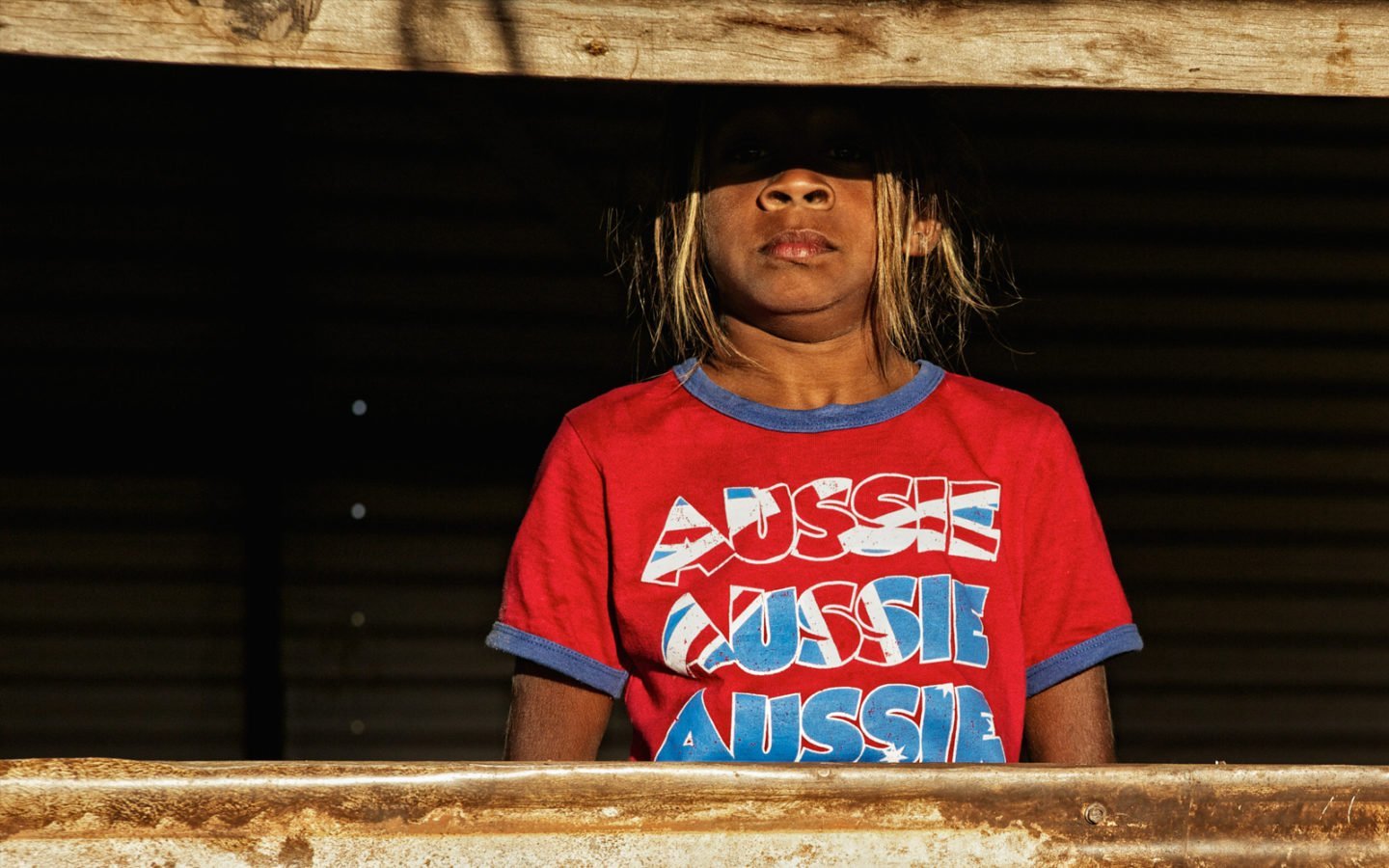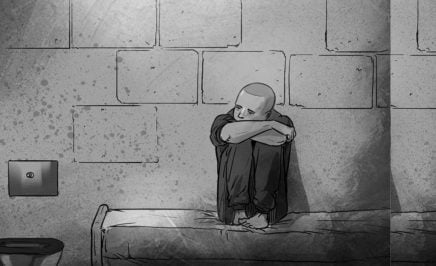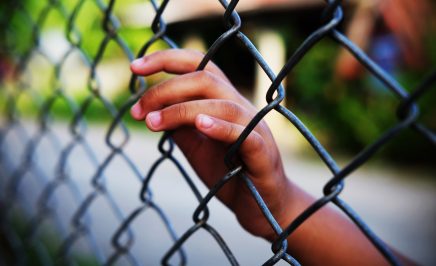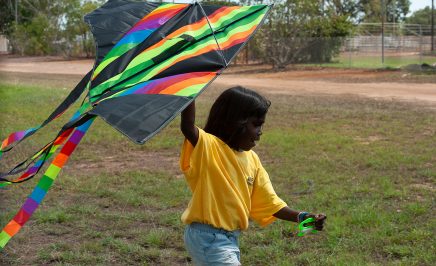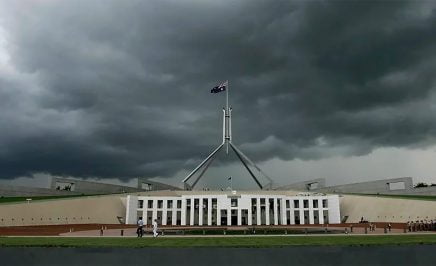Think back to when you were 10. You were probably saving up for a showbag at the Royal Perth Show, or wondering if Santa might bring you that bike you were hoping for. For my tenth birthday, my parents bought me the special edition release of the Lion King on DVD. You probably wouldn’t, and certainly shouldn’t, be thinking about when you were going to get out of prison. I wasn’t.
But that’s the reality in Australia today – we think it’s OK to lock up kids as young as 10 in jail.
In Australia’s latest United Nations Universal Periodic Review – where a country’s human rights records are evaluated – Australia was found to be falling well short of international standards in several areas including our treatment of asylum seekers and because we lock up little kids as young as 10.
The Committee on the Rights of the Child (CRC) as long ago as 2019 recommended the minimum age of criminal responsibility should be 14, no younger, as an absolute minimum. This allows for the fact that children aged under 14 lack the cognitive capacity to understand the consequences of their actions. The CRC’s recommendations are based on the best available evidence from global health and child development experts.
In the recent UPR, Australia was consistently urged by many UN member states to bring Australia up to speed with the world on our minimum age of criminal responsibility, but in the face of this criticism, the Federal Government once again abrogated responsibility for leadership, choosing instead to kick the can down the road while third graders languish in places like Banksia Hill.
A critical element opponents neglect to focus on in this debate is that raising the age doesn’t for one second mean that a child who has done something wrong will simply be left to their own devices or somehow be “let off scott free” – to be blunt, that viewpoint is nonsense.
Accountability should and must exist, but the reliance on prison to provide that accountability for children is foolish. Prison harms children, and can lead to a lifetime of being stuck in the criminal justice system.
Children sent to detention before the age of 14 are much more likely to reoffend.
It makes no sense at all that we keep doing the same thing, expecting a different result. The only reason I can think of is because the political class lack the courage to do something in the face of those who are vocal about being tough-on-crime – they’re big on shouting and very, very short of evidence.
Really successful alternatives to youth detention already exist and once again, with a strong base of evidence rather than noisy social media groups, are much more successful in both getting kids back on track and preventing them from reoffending – it’s simply a win-win for everyone.
Smart justice looks at the whole picture and provides wrap-around services to help kids who are interacting with the police; there are often complex issues going on including poverty, intergenerational trauma, medical needs and the elephant in the room, racism.
We have to face up to the fact that this is an issue that disproportionately affects Indigenous kids and so addressing it by raising the age to 14 will go a long way towards realising justice for Australia’s First Nations people.
The good news is that for States and Territories that have the common sense and moral fortitude to really want to make positive changes to the lives of young Indigenous kids, and crime rates, you have the power, and also, the majority of Australians behind you.
It’s time to step up and give all Australian kids the chance at a better future.
Maggie Munn is a Gunggari person and the Indigenous Rights Campaigner for Amnesty International Australia.
